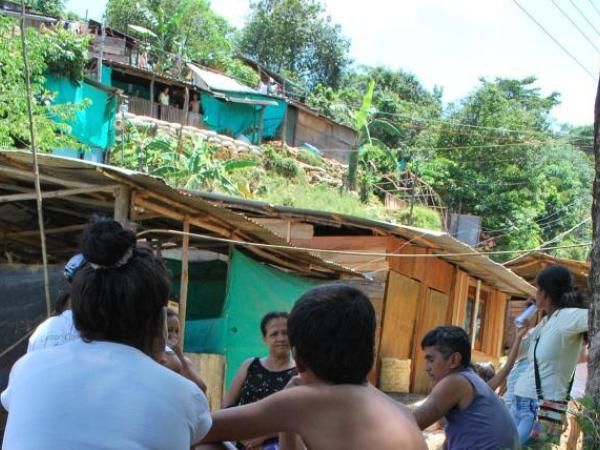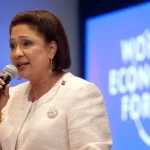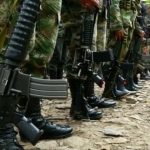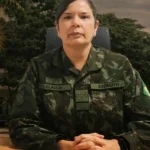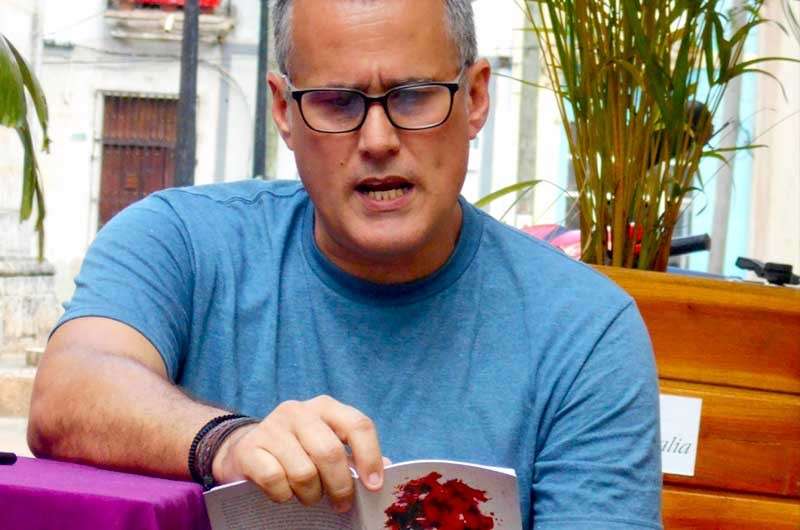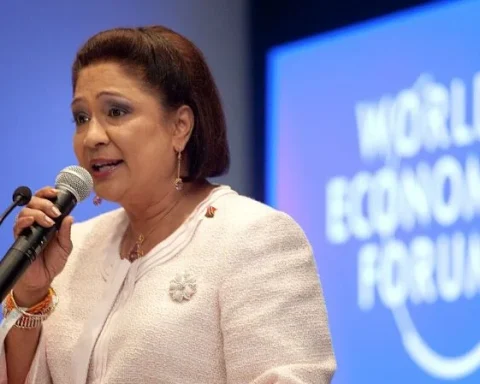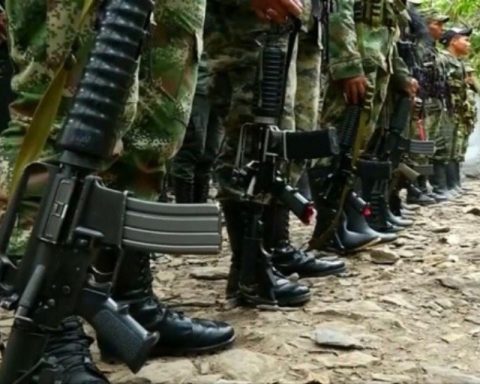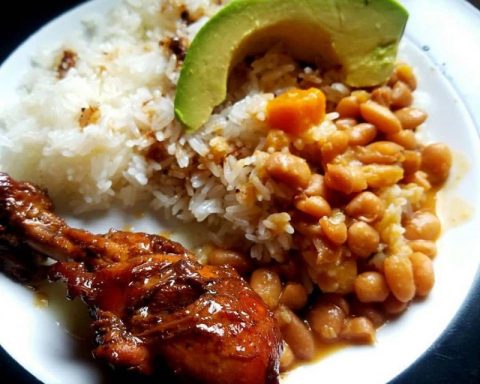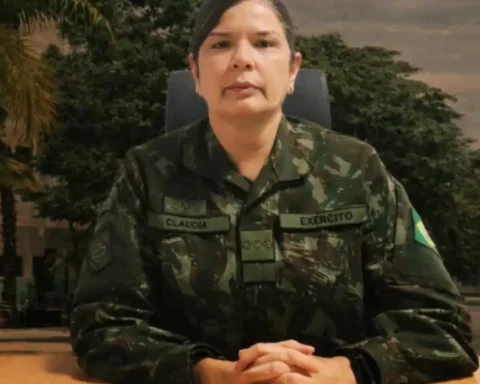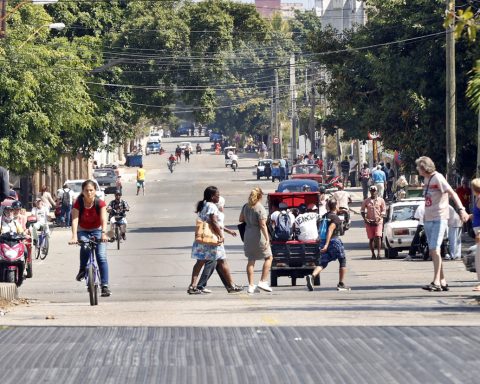President Gustav Petreither announced, on Wednesday, September 14 at night, the beginning of a series of Binding Regional Dialogues, a space with which the Government hopes to involve citizens with the National Development Plan (PND) for the period 2022-2026.
(See: Regional dialogues, the Government’s plan to meet needs).
The first of these will take place this Friday, in the municipality of Turbaco (Bolívar), and according to the president, these meetings will serve for government officials to listen to citizens and take note of their proposals.
For now it is known that the National Development Plan will be anchored on three pillars: one directly related to peace; a second pillar, which the government has called environmental justice; and the third, of social justice.
This, in turn, would be supported by six guidelines that are: territorial ordering towards total peace, human security and social justice; human right to food, energy transition and green growth with environmental justice; social-regional convergence and macroeconomic stability.
(See: Pension reform: bonus for adults would go from $80,000 to $500,000).
“The Plan has much of what we want as a country, of the ideal we dream of. The President has told me that we must recover the function of Planning, which is to think 20, 25 or 30 years from now. We cannot be naive in thinking that the problems we have, which are of such magnitude, are going to be solved in just four years.”, said Jorge Iván González, director of the DNP, in recent days.
For several former officials linked to National Planning, these dialogues will represent a fundamental space for the policy of the new government.
Esteban Piedrahita, former director of the DNP, emphasized that the construction of the National Development Plan “it is one of the fundamental tasks of a government in its first six months or so. It already has by design and by law some participatory mechanisms, for example with the National Planning Council, which in turn has participatory spaces”.
(See: Budget of 2023: with more resources in investment and without change in debt).
Piedrahita said that it is interesting that new spaces are being opened, and that more emphasis is being placed on regions that have not traditionally been able to participate as much.
“The National Development Plans require the concurrence of the different sectors of the economy, but also of regional voices. That is why I celebrate the opening of these participatory spaces, which allow not only sectoral voices, but also regional ones, to give their opinion regarding the needs, challenges and solutions that may arise in the next four years.”, said Tatyana Orozco, also former director of National Planning.
Likewise, Daniel Gómez, former deputy director of the DNP, said that he considered the Binding Regional Dialogues to be ‘a great exercise’, in line with the participatory spirit in the construction of the NDPs since the 1991 constitution.The PND is an instrument of dialogue, of communication with the whole society, of aligning the government towards some goals, and of defining priorities.Gomez mentioned.
And he added: “I think it can be cool. It’s a huge task, 50 dialogues! And a challenge of systematizing all that information and technical work in the DNP and with the sectors to use that information strategically and consistently with the technical inputs. But very cool that the whole country is in discussion mode and contributions to the PND”.
(See: The government’s gross debt reached 59.1% of GDP in August).
On the other hand, Eduardo Lora, former director of Fedesarrollo and associate of the Harvard Center for International Development, mentioned that the PND is key, because in Colombia it has the force of law.
“It is the opportunity to coherently put strategies in different fields. The fact that the regions have to participate in policy matters is fundamental. I don’t know about a very ambitious or detailed plan, but about giving enough authority to the different government entities to do things well” said Lora.
President Gustavo Petro.
private file
Petro invites citizens
This week the President invited citizens to be part of the construction of the Development Plan. Petro proposed that these proposals be analyzed by the Cabinet, and that they be included as a ‘sovereign mandate’ in the Plan.
(See: From September the price of energy would drop: how much would the reduction be).
“I want to invite you to participate in the Binding Regional Dialogues. A tour of 50 territories in which officials from different ministries and other State entities will participate to find out their needs. We want to get closer to you, we want to hear you. From now on you have the floor”, said the President during his address.
LAURA LUCIA BECERRA ELEJALDE
Journalist Portfolio
